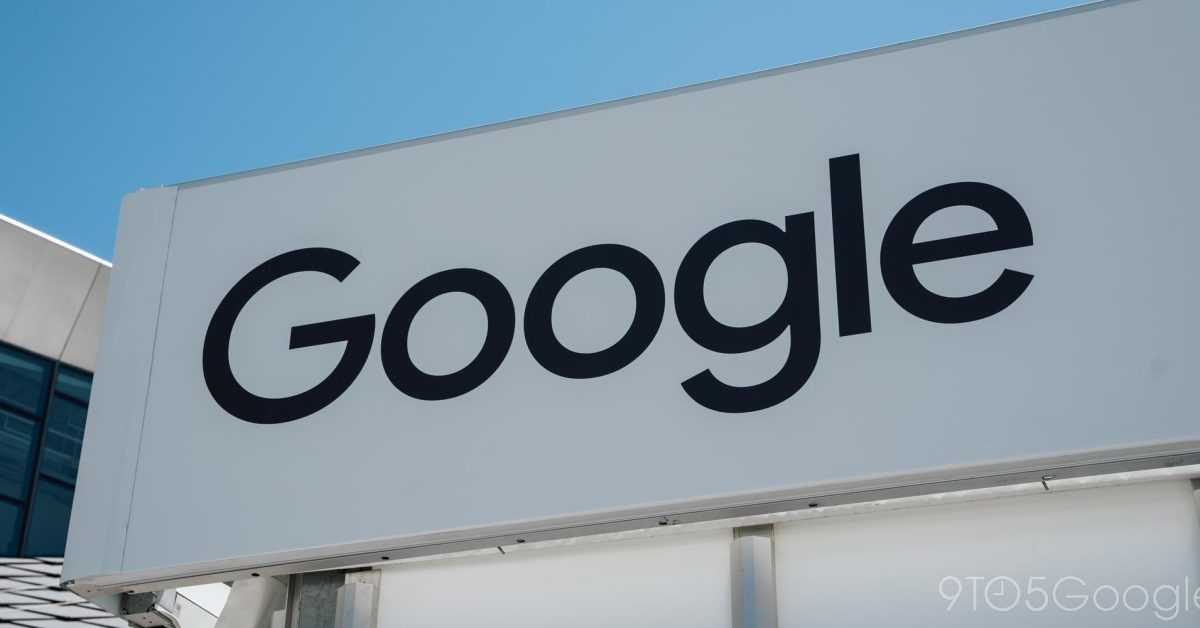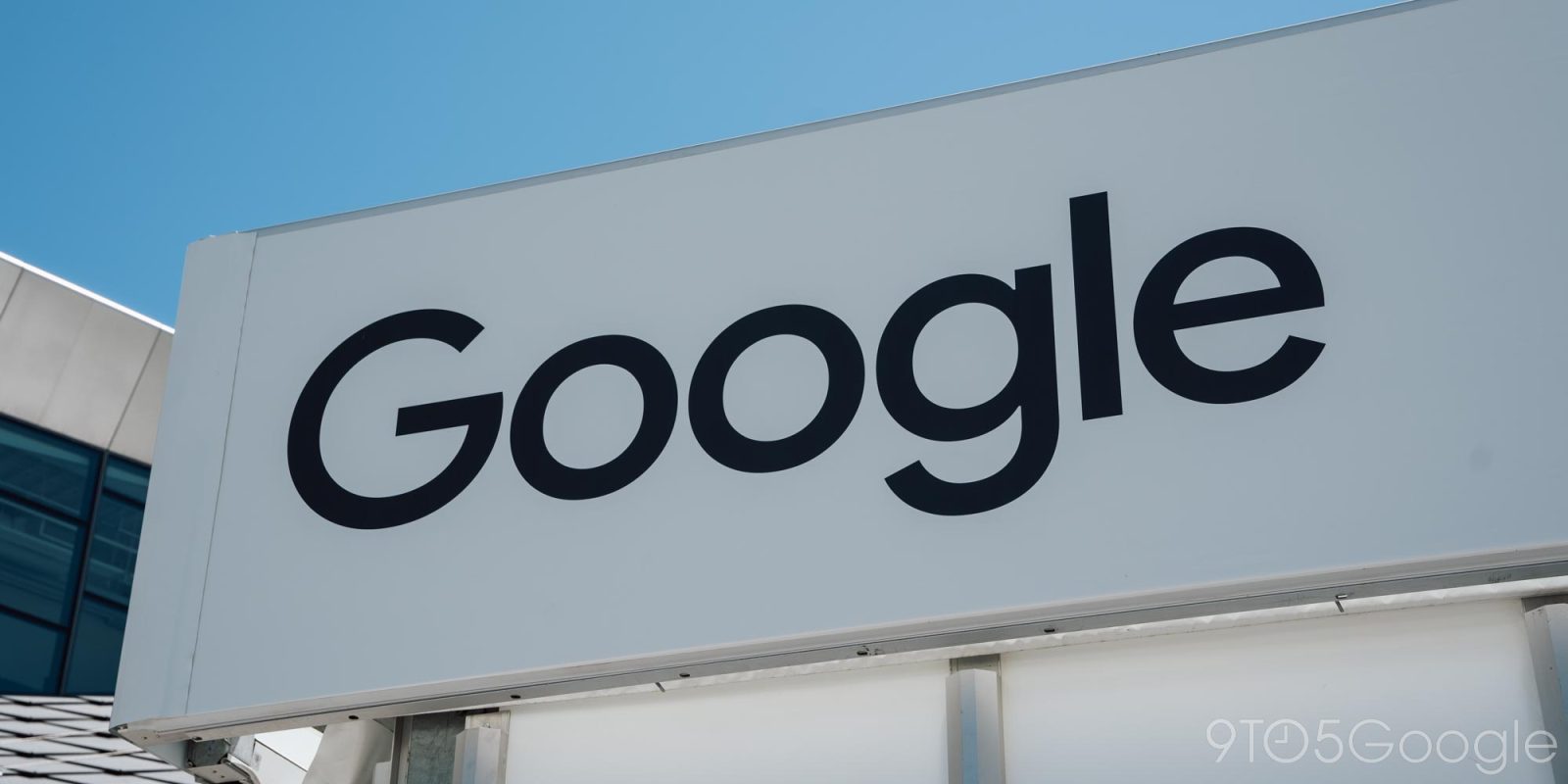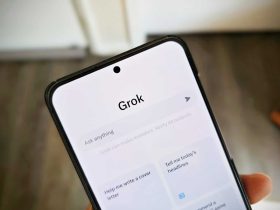

In addition to other remedies, the Justice Department in November shared that it wants Google to sell Chrome. Google today shared its own remedies proposal.
We don’t propose these changes lightly. They would come at a cost to our partners by regulating how they must go about picking the best search engine for their customers. And they would impose burdensome restrictions and oversight over contracts that have reduced prices for devices and supported innovation in rival browsers, both of which have been good for consumers.
Google is open to changes that would mean that Android OEMs do not need to license Google Search or Chrome to get access to (preload) the Play Store or other first-party applications.
…prohibits Google from conditioning licensing, payment, or any other form of consideration on an Android partner agreeing not to preload or place rival general search engines or third-party browsers on mobile devices.
Additionally, Android partners can “license Google Play, Search, and/or Chrome without also licensing Google’s Gemini Assistant mobile application.” This is to address future competition.
…prohibits [Google] from conditioning consideration on a partner refraining from the preload of rival generative AI assistive chatbot services.
Meanwhile, Google still wants the ability to pay to be the default search engine in browsers like Safari and Firefox, but will limit these contracts to an annual basis to allow for more competition. Additionally, a browser could “set different search engines as the default across different browser operating system versions and different browsing modes” (like for private browsing).
Finally, while the DOJ wants any remedy to last for 10 years, Google is only proposing a three-year period citing that the “pace of innovation in search has been extraordinary.”
Google will argue that the DOJ’s other proposals relating to sharing Search and ads data with third-parties to allow for the creation of competitors is too broad. It’s also opposed to divesting Chrome and/or Android.
Google’s proposals are subject to change with a hearing between Google and the DOJ set for April of 2025. The judge overseeing the case is expected to rule before September 2025, with Google still planning to appeal the underlying decision.
Updating…
Add 9to5Google to your Google News feed.
FTC: We use income earning auto affiliate links. More.
What’s your reaction?
Love0
Sad0
Happy0
Sleepy0
Angry0
Dead0
Wink0








![google-tv-missing-the-ability-to-buy-some-movies-[u:-fix-coming]](https://betadroid.in/wp-content/uploads/2025/01/2829-google-tv-missing-the-ability-to-buy-some-movies-u-fix-coming-370x250.jpg)

![galaxy-s25-high-quality-render-leak-shows-off-the-best-parts-[gallery]](https://betadroid.in/wp-content/uploads/2025/01/2833-galaxy-s25-high-quality-render-leak-shows-off-the-best-parts-gallery-370x250.jpg)
Leave a Reply
View Comments